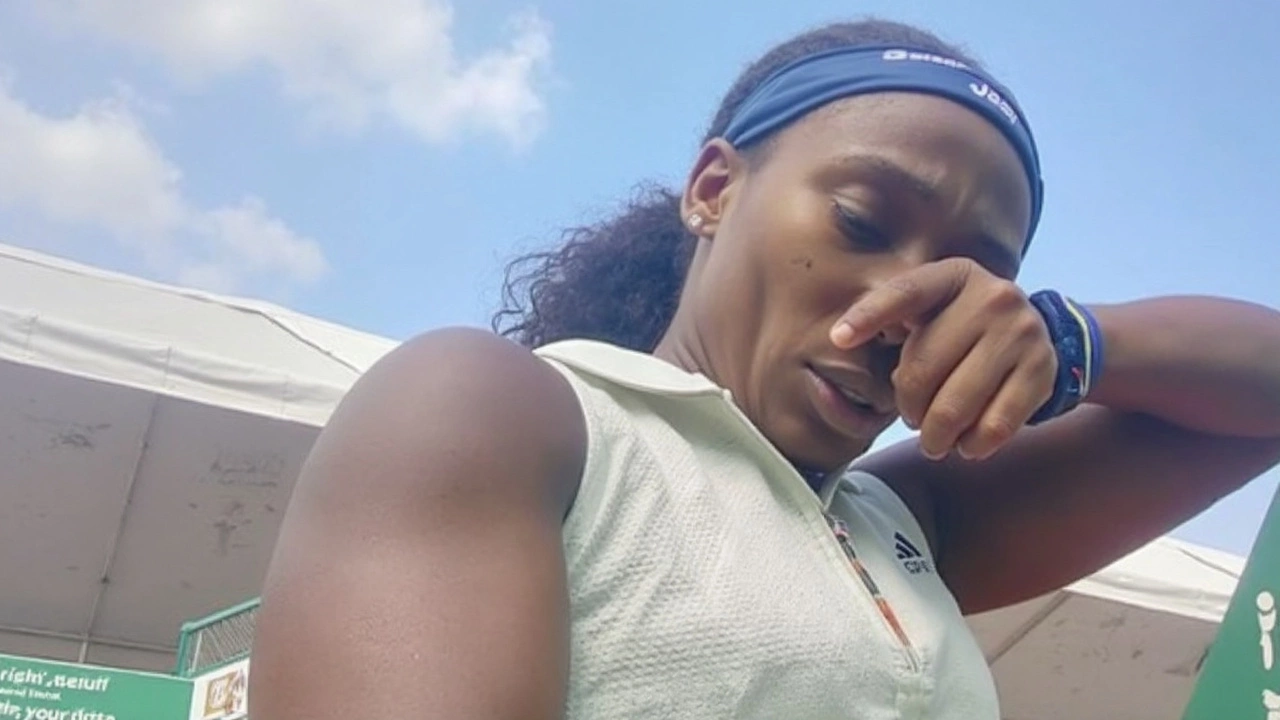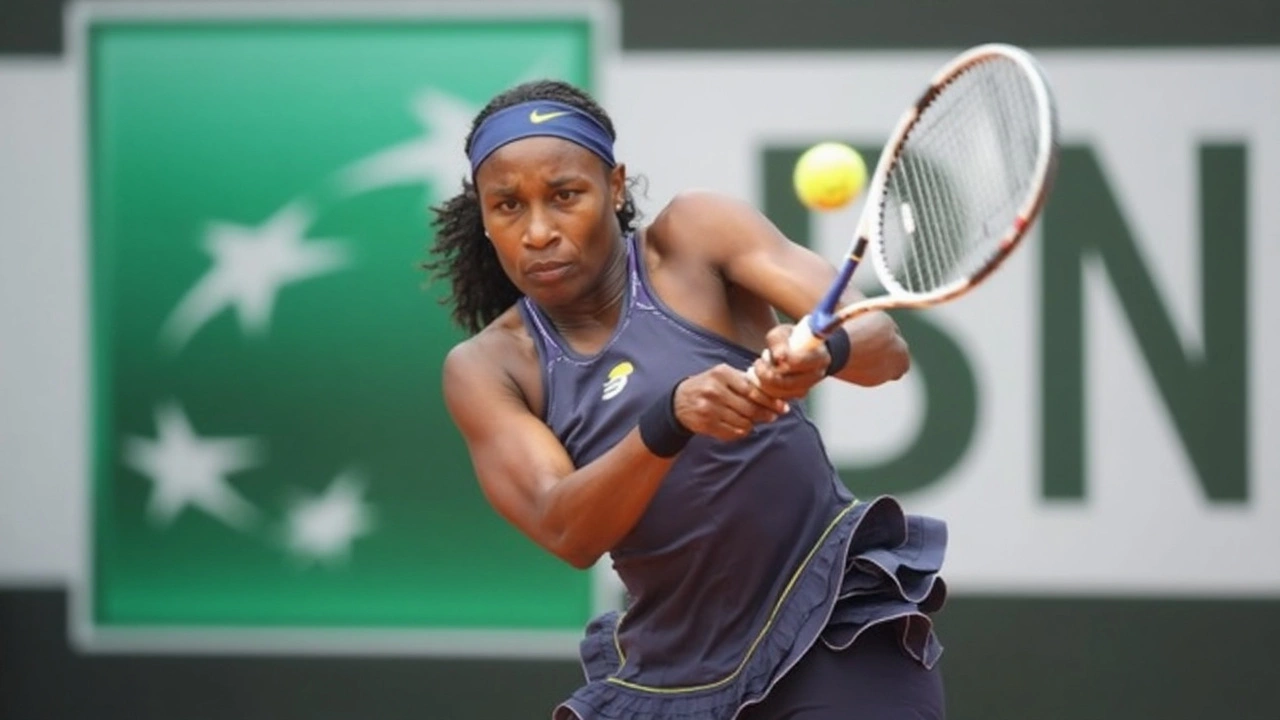Stark Imbalance at the Grand Slam’s Center Stage
The Roland-Garros night session is supposed to be the centerpiece—the stage that commands the grandest audience, streaming into living rooms across Europe and beyond. But at the French Open, not everyone gets a fair shot under those lights. Stars Ons Jabeur and Coco Gauff didn’t mince words about who’s been left out: the women.
Since 2021, when night matches debuted on Court Philippe-Chatrier, men’s tennis has dominated these coveted slots. Out of 44 prime-time matches across several years, a grand total of four have featured women’s contests. If this seems like an oversight, for many players, it feels much bigger—like a pattern that stands for something deeper than just calendar logistics.
Jabeur, who’s climbed to world No. 2 and played some of the game’s most riveting matches, called the situation both “sad” and “ironic.” Her point? You can’t expect women’s tennis to attract huge audiences if you barely put it in front of them. Or, as she put it bluntly, 'They don’t show women’s sport, then ask why people watch men more.'
Coco Gauff, the American powerhouse currently ranked No. 2, didn’t hesitate to back up Jabeur. 'Women’s matches are just as worthy of a night spot,' she fired back at critics and organizers alike. To Gauff, holding up men’s matches as inherently more entertaining or valuable is an argument that belongs in the past—not on the world’s biggest clay court.

Debate Over Entertainment Value and Fairness
So why does this gap persist? Tournament director Amélie Mauresmo attempted to justify the choices by pointing to men’s matches often stretching longer—thanks to the best-of-five sets format—making them (supposedly) more “reliable” for ratings and sponsors. But as Jabeur sees it, giving extra attention to one side shouldn’t mean ignoring the other. 'Honoring one side shouldn’t mean ignoring the other,' she argued, making it clear that visibility and respect are not a zero-sum game.
The numbers back up the point: Every prime-time match in the 2024 French Open was men’s, and the last time women played at night was more than a year ago. That’s not just a scheduling quirk; it looks—especially to younger players—like a structure baked in over seasons. Iga Świątek and Mirra Andreeva, both strong voices in today’s women’s game, agree on gender equality in principle. Yet, they admit they sometimes prefer daytime slots for recovery reasons—athletes’ bodies, after all, don’t always thrive late at night.
But for Jabeur, Gauff, and other advocates, the bigger picture matters more. It’s about setting norms, making sure that girls tuning in see their heroes get the spotlight—not tucked away when the stands are half-full, if at all. The conversation has snowballed as more figures in tennis, like ex-pro Chanda Rubin, have urged organizers to stop using tradition and TV figures as shields from change.
This whole debate also taps into a wider struggle in women’s sports across Europe. Equal billing on the schedule, Jabeur reminds organizers, is about more than matches; it’s about opening the door to real parity. With the world watching, the next moves by Roland-Garros could set a tone for whether the game is really ready to treat its stars as equals—no matter when the lights go on.

Arlen Fitzpatrick
My name is Arlen Fitzpatrick, and I am a sports enthusiast with a passion for soccer. I have spent years studying the intricacies of the game, both as a player and a coach. My expertise in sports has allowed me to analyze matches and predict outcomes with great accuracy. As a writer, I enjoy sharing my knowledge and love for soccer with others, providing insights and engaging stories about the beautiful game. My ultimate goal is to inspire and educate soccer fans, helping them to deepen their understanding and appreciation for the sport.
view all postsWrite a comment